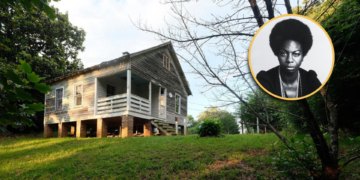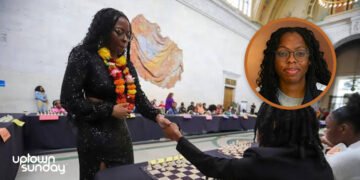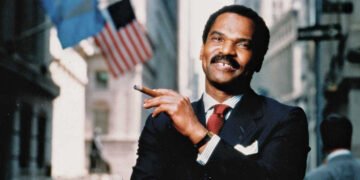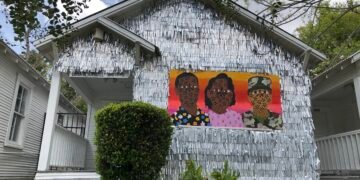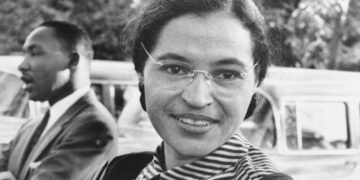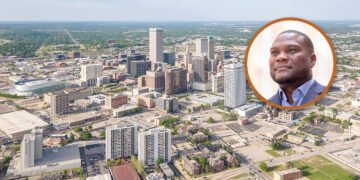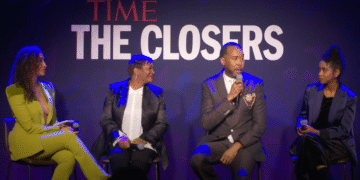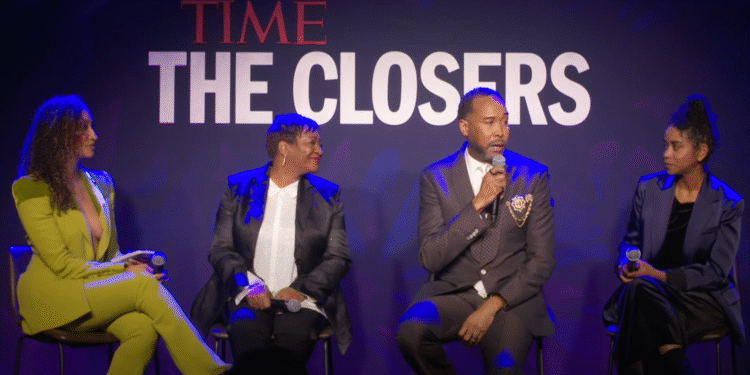Five years ago, the world watched in collective horror as George Floyd’s life was stolen in broad daylight. That moment triggered protests in every state, countless hashtags, and an urgent call to reimagine justice. On May 25, leaders, thinkers, and changemakers gathered in Washington, D.C., for the TIME Impact Dinner: The Road to Justice—an evening dedicated not to closure, but to commitment.
Held in partnership with the Center for Policing Equity, the dinner wasn’t just an elite gathering—it was a truth-telling session, a communal remembering, and a call to action. Voices from across the Black community shared hard-earned insights, continuing the push to reshape systems built to marginalize.
“You can’t move forward without facing the truth,” said Dr. Phillip Atiba Solomon, co-founder of the Center for Policing Equity. “We’re not here to celebrate justice—we’re here because it’s still unfinished.”
Truth as Resistance
Throughout the evening, speakers emphasized the power of storytelling and memory in the fight for racial equity. At a time when school boards and politicians attempt to whitewash history, honoring the truth, especially Black truth, is a radical act.
Kimberlé Crenshaw, legal scholar and architect of intersectionality, didn’t mince words about the dangers of censorship.
“We are witnessing the rollback of Black visibility,” Crenshaw warned. “If we let them erase our past, they’ll deny our future, too.”
The dinner reminded attendees that real justice isn’t about convictions—it’s about transformation. The road to justice, they affirmed, begins with recognizing harm, repairing systems, and refusing to be silent.
From the Courtroom to the Community
Former WNBA star Maya Moore brought personal passion to the evening, drawing from her work in criminal justice reform. Moore, who paused her career to become an advocate for the wrongly convicted, emphasized that winning isn’t just about policy—it’s about people.
“We have to build the world we want from the inside out,” Moore said. “This is a team effort, and every one of us has a position to play.”
The dinner also included a moving address from Raquel Willis, a Black trans activist who urged attendees not to forget the most marginalized voices within the Black liberation movement. “If we’re not all free,” she said, “then none of us are.”
Memory as a Weapon Against Erasure
Historian Dylan Penningroth highlighted how the preservation of family stories and grassroots narratives is key to dismantling the lies that fuel oppression.
“Our ancestors didn’t just survive,” he said. “They built, they resisted, they endured—and we need to keep telling those stories.”
Artist Tajh Rust echoed this sentiment in a powerful toast, noting that ownership over our narratives is just as important as legal wins. “We must be the authors of our own humanity,” he said, “or someone else will write us out.”
Hope Rooted in the Struggle
The evening closed with Tarana Burke, founder of the Me Too Movement, who reminded the room that progress isn’t always policy changes or media moments.
“Hope isn’t about being naive,” Burke said. “It’s about knowing the truth, facing the pain, and still believing in what’s possible.”
In a moment of silence for George Floyd, the room acknowledged the cost of justice delayed. But the energy wasn’t mournful—it was resolute.
See highlights from the dinner below!
Learn more at https://time.com/7286463/time-impact-dinner-road-to-justice-speaker-toasts-truth-telling/
Uptown Sunday recognizes that anniversaries like these aren’t just markers of time—they’re mandates to keep pushing. The Road to Justice isn’t a trending topic—it’s a daily decision. And as long as voices like these stay loud, the movement will never be silenced.


